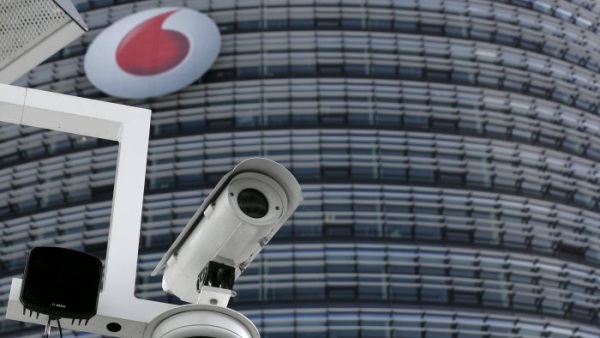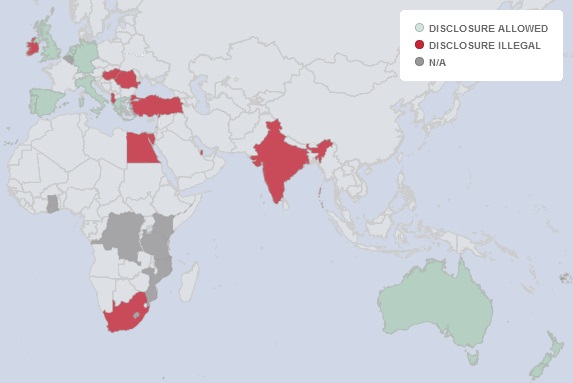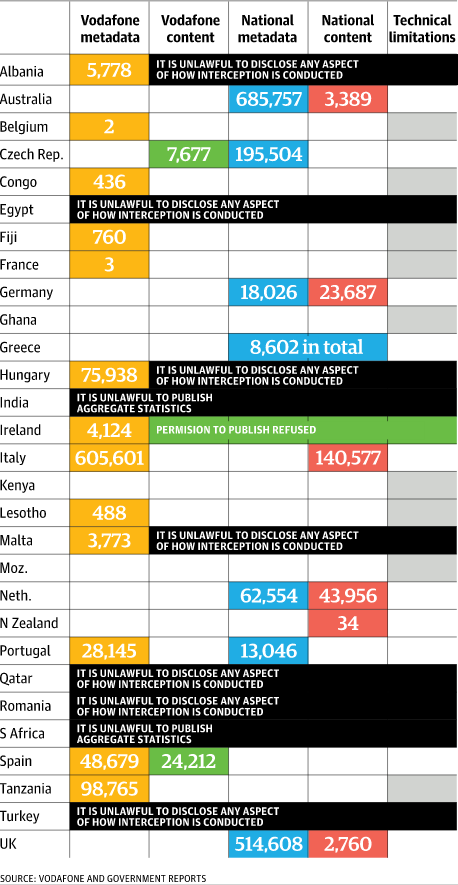
Roughly a year after Edward Snowden’s revelations about government spying shook the world, Vodafone have published a paper that details the extent to which government agencies are able to access their private internal networks.
Vodafone’s Law Enforcement Disclosure Report even admits that some country’s security services effectively have a direct back-door allowing them to bypass any efforts by the network operator to protect its clients’ information. They said: “agencies and authorities have permanent access to customer communications via their own direct link”.
The full report weighs in at a hefty 40,000 words and going into detail about the extent and type of government surveillance on global communications. The Guardian’s reaction claims that state snoopers can listen to and record live communications and even use their access to the telecoms giant’s systems to track the physical locations of Vodafone’s customers.
Before we even knew who Snowdon was, we had already written about the scary influence of state actors on communications with a particularly vivid example being the way government control of mobile phones aided was used during the Egyptian Revolution. The crackdown on media reports and internet access were vital to the suppression of anti-government citizen protesters.
Vodafone also reveal that in several countries including Egypt, Hungary, India, Qatar, Romania, South Africa and Turkey, it is unlawful to disclose any information whatsoever regarding interception of the content of mobile communications. You are not even permitted to say whether such capabilities exist.
The following diagram shows which regions allow disclosure and which have made it illegal.

In many countries, Vodafone have had to provide direct access pipes to government agencies. These backdoors do not require any due process such as legal warrants and Vodafone are not given any details about identity or the number of customers targeted. In this way, mass surveillance is possible and governments do not ever have to justify their intrusions.
Confirming the existence of these systems, Stephen Deadman said on behalf of Vodafone:
These pipes exist, the direct access model exists. We are making a call to end direct access as a means of government agencies obtaining people’s communication data. Without an official warrant, there is no external visibility. If we receive a demand we can push back against the agency. The fact that a government has to issue a piece of paper is an important constraint on how powers are used.
Vodafone also released statistics on government requests for their users’ data. The following table summarises the number of requests for interception of information through legal channels backed by warrants. It covers the most recent year where data are available. Metadata refers to information such as phone numbers, addresses, locations and dates and times of communications while content means the actual content of calls or messages. From government reports we know that over half a million requests for customer metadata were processed in the UK. Scary or what?

Meanwhile, the former Stasi officer Wolfgang Schmidt said:
You know, for us, this would have been a dream come true … So much information, on so many people. It is the height of naivete to think that once collected this information won’t be used,” he said. “This is the nature of secret government organizations. The only way to protect the people’s privacy is not to allow the government to collect their information in the first place.
What do you think about this revelation? GCHQ is supposed to spy on Britain’s enemies – is it right that they are spying on all of us? How can security agencies operate above the law? And can we do anything about this or is our best hope to use GPG to encrypt everything and retain some level of privacy? Let us know your thoughts in the comments…
Continue Reading








Recent Comments